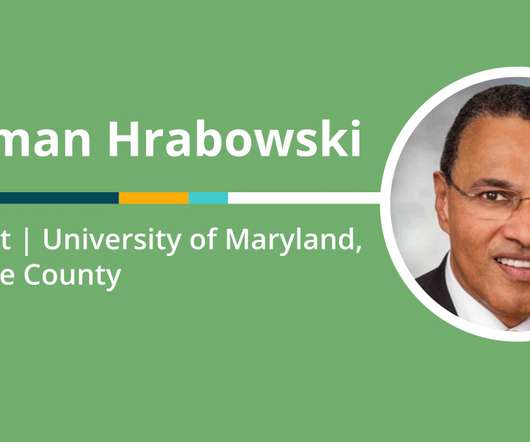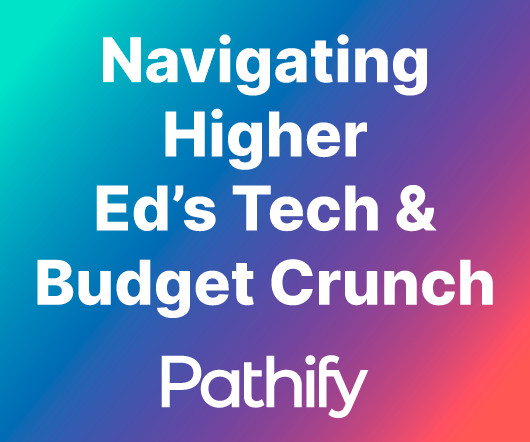The Changing Shape of American Higher Ed Enrollment
Higher Ed Data Stories
MAY 7, 2022
Much has been made recently of changes in enrollment in US Higher Ed: Fewer males ( is it a crisis or not? ). Shrinking enrollments. Changes in admissions due to test optional and COVID. In this recent piece in the Chronicle of Higher Education , I recently pointed out that one of the ways colleges stayed viable during previous enrollment shifts was to expand both physical campus locations and offerings and degree programs tailored to working adults.
















Let's personalize your content